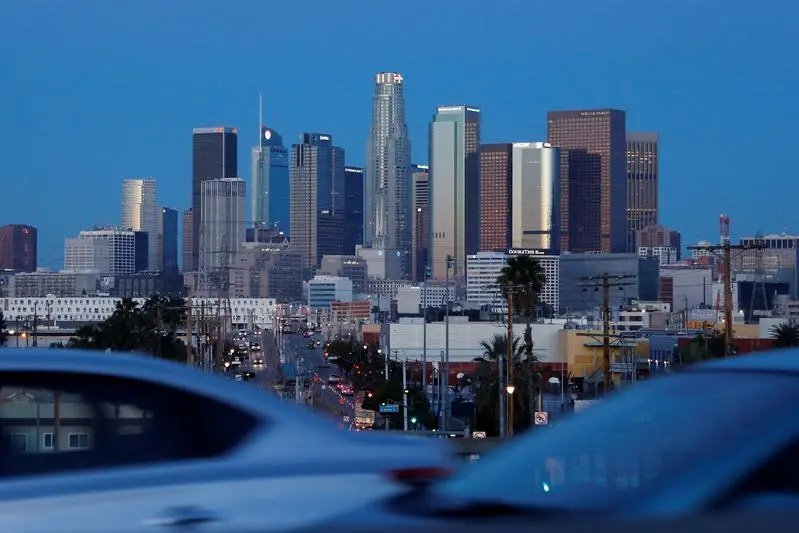PHOTO
SAN FRANCISCO - America’s cities risk becoming the new weak link in data. A scheme for recording trips on e-scooters and bikes that started in Los Angeles has spread swiftly to 70 metropolises from Austin, Texas to Chicago. Think less congestion, and more concern over privacy and hacking.
It makes sense for municipalities to try to get a handle on gridlock on their streets and sidewalks. There are about 1 million shared bike and e-scooter trips a month in the City of Angels, which has the most dockless vehicles in the county. That’s why the LA Department of Transportation has taken the lead in helping municipalities grapple with new and expanding forms of transportation.
The system it has developed collects and standardizes all the real-time data, including rider costs and trip start and end information, that scooter and bike operators need to submit to get an operating permit.
But it poses concerns. There are no details, for example, on how long data will be retained and how it might be shared with third parties. Privacy advocates say the information could reveal who is taking trips to family-planning clinics, or other sensitive information. The California legislative counsel’s office said in August that the LADOT move violates a 2016 state privacy law.
There’s a potential loophole in a more recent bill signed by Golden State Governor Gavin Newsom. Starting next year many companies that serve state residents will have to clearly advertise that users can opt out of data sharing as well as disclose what user information they have collected. Firms hired by cities to help process the transportation data could argue they are serving municipalities, not residents.
Meanwhile, cities’ growing data troves makes them more attractive to hackers. Some have already targeted cash-strapped municipalities. Earlier this year, several cities across America, including Baltimore and San Antonio, were hit by malware that shut down systems until the local government paid a ransom.
The amount of information will balloon further if ride-hailing services like Uber Technologies, as well as data from autonomous vehicles and drones, are included in the future. LA is one of several cities that have formed a foundation to develop governance measures. But working rules take time to develop. Cutting commute times is a noble goal, but not if cities find themselves inadvertently morphing into Big Brother.
CONTEXT NEWS
- The Los Angeles Department of Transportation said it believes it has the legal authority to require scooter- and bike-sharing firms to provide trip data as part of the agency’s Mobility Data Specification program, it outlined in a letter to the city council on Aug. 15.
- The department said it disagrees with the California Office of Legislative Counsel, which issued an opinion saying it believes the state’s Electronic Communications Privacy Act prohibits the city’s move. The counsel’s office said the law restricts a city or county department from requiring a business that rents shared mobility devices to provide real-time location data to receive an operating permit. It also said a department must obtain consent to gain access to an individual’s information.
- About 70 cities, including Chicago and Austin, Texas, have adopted the Mobility Data Specification program, which was rolled out by Los Angeles in the spring of 2018.
(Editing by Antony Currie and Amanda Gomez)
© Reuters News 2019





















